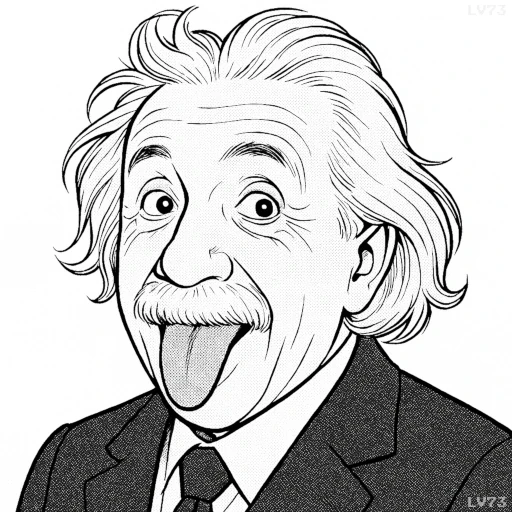“If we knew what it was we were doing, it would not be called research, would it?”

- March 14, 1879 – April 18, 1955
- German-born Jew
- Physicist
table of contents
Quote
“If we knew what it was we were doing, it would not be called research, would it?”
Explanation
In this quote, Einstein humorously points out the uncertainty and exploration inherent in research. He suggests that true research involves venturing into the unknown, where the outcomes are uncertain, and the path is often unclear. For Einstein, research is an ongoing process of discovery that requires curiosity, experimentation, and a willingness to embrace ambiguity. If we already knew the answers or understood everything about the subject, there would be no need for the investigative journey that defines research.
Historically, this perspective has driven major scientific discoveries and advancements. Researchers like Marie Curie and Alexander Fleming embraced the unknown, often making unexpected findings and breakthroughs. Einstein’s statement reflects the reality that science and exploration require openness to surprise and the unknown, with progress coming from a process of trial, error, and insight rather than following a set formula.
In today’s world, Einstein’s quote serves as a reminder to approach learning and discovery with humility and openness. His words encourage researchers, learners, and creators to embrace uncertainty, understanding that research is as much about asking questions as it is about finding answers. This perspective fosters a sense of curiosity, resilience, and adaptability, celebrating the fact that the most valuable insights often come from the unknown spaces where we don’t yet know exactly what we’re doing.
Would you like to share your impressions or related stories about this quote in the comments section?


